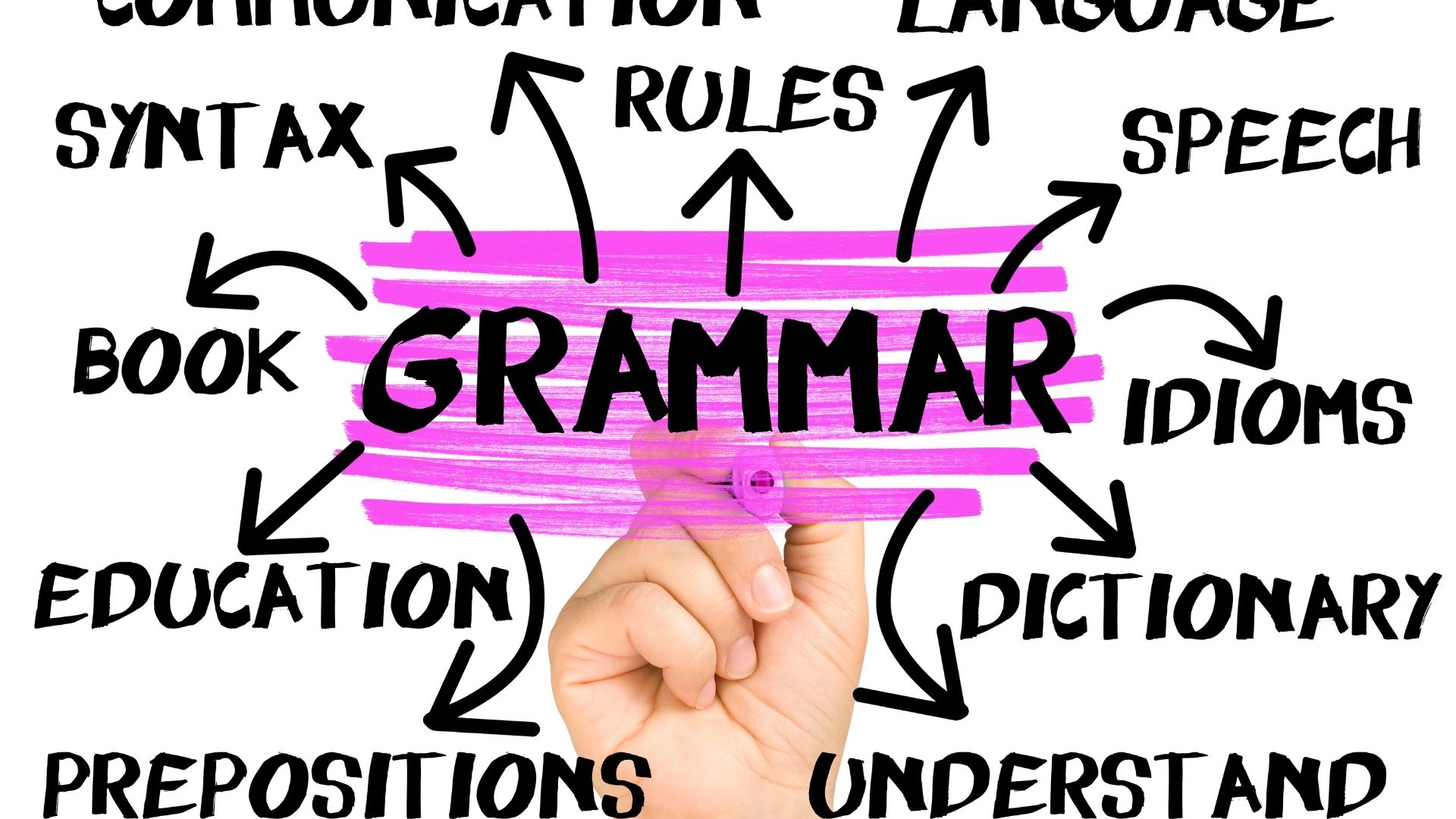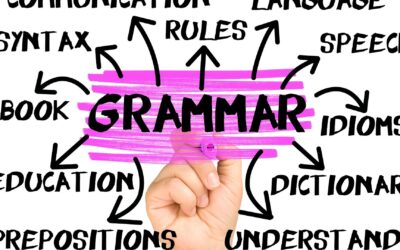Introduction
Learn about The Present perfect progressive and the past perfect simple and progressive in this Grammar Course episode from English Plus Podcast.
Audio Episode
Present Perfect vs. Simple Past
The present perfect is used to talk about past events when there is no specific mention of time.
e.g.
I‘ve met Linda, but I haven’t met her husband. Have you met him?
The simple past is used when there is a specific mention of time.
e.g.
I met Helen yesterday at a party. Her husband was there too, but I didn’t meet him. Did you meet him at the party?
The present perfect is used for situations that began in the past and continue to the present.
e.g.
Sam has been a math teacher for ten years. He loves teaching.
The simple past is used for situations that began and ended in the past.
e.g.
Jim was a teacher for ten years, from 2000 to 2010. Now he is an engineer.
Present Perfect Progressive
The present perfect progressive expresses how long an activity has been in progress. In other words, it expresses the duration of an activity that began in the past and continues in the present.
e.g.
I have been sitting at my desk since seven o’clock. I have been sitting here for two hours.
The present perfect progressive is not used with non-progressive or stative verbs such as know. to express the duration of a situation that began in the past and continues to the present, only the present perfect is used.
e.g.
I‘ve known Alex since he was a child.
NOT
I’ve been knowing Alex since he was a child.
For some verbs, the idea of how long can be expressed by either tense — the present progressive or the present perfect. Either tense can be used only when the verb expresses the duration of present activities or d situations that happen regularly, usually, habitually: e.g. live, work, teach, study, etc.
e.g.
How long have you been living here? OR
How long have you lived here?
When the tense is used without any mention of time, it expresses a general activity in progress recently or lately.
e.g.
I‘ve been thinking about looking for a different job. This one doesn’t pay enough.
Past Perfect
The past perfect expresses an activity that was complete before another activity or time in the past.
e.g.
Ann had left when Sam came. (Ann left before Sam came.)
If either before or after is used in the sentence, the past perfect is often not necessary because the time relationship is already clear. The simple past may be used.
e.g.
Ann had left before Sam came. OR
Ann left before Sam came.
Past Perfect Progressive
The past perfect progressive emphasizes the duration of an activity that was in progress before another activity in the past.
e.g.
The police had been looking for the criminal for two years before they caught him.
This tense also may express an activity in progress close in time to another activity or time in the past.
e.g.
When Judy got home, her hair was still wet because she had been swimming.











2 Comments